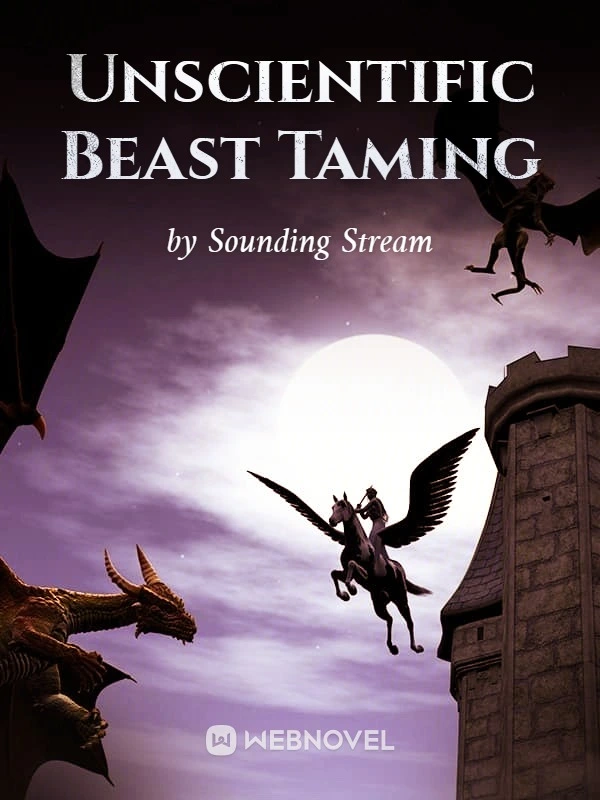Sleep? That was for the weak, a concept that the population of Tsaritsyn became well accustomed to as the shells fell on top of their homes throughout the night. The Spring Offensive had begun, and the Red Army was caught with their pants down.
They, after all not expected the Iron Brigade to receive so many volunteers in such a short amount of time. To the extent that it was now known as the Iron Division. And to be fair neither had Bruno. Regardless, barrages battered the city and its defenders throughout the night.
Every thunder which echoed in the distance was a shot fired towards military targets, and not necessarily areas which civilians inhabited. Or such was Bruno’s objective. Though he did not care if civilians were caught up in an attack targeting hostiles, the reality was deliberately targeting civilians was something Bruno was not fond of.
It served no tactical or practical purpose. And any idiot who said that it would break the people’s morale was an idiot. More often than not, such deliberate and indiscriminate attacks against unarmed civilians served the opposite purpose.
Because of this, Bruno made sure the calculations used by the artillery batteries were precise as they rained shells down upon the Bolsheviks who were in the trenches, and fortifications they had built to defend the city.
The Red Army was forced to endure the artillery fired throughout the night, with the battery only ceasing once the sun had risen with the dawn. It was then that the Red Army could gain some rest, retaliating as they fired off their own artillery back at those who would try to seize the city from them.
Of course, this wasn’t exactly as easy as Yakov Sverdlov thought it would be. After all, Bruno’s artillery strikes didn’t just serve the purpose of battering the enemy fortifications. Rather, they also acted as a method to conceal their real targets. Which were the munitions and supply depots as well as any artillery pieces used by the Red Army within the city.
For example, the Russian Forces infiltrated the city in civilian garb throughout the night, under Bruno’s orders. Where they detonated explosives within the munition stockpiles and used thermite to disable the enemy guns.
Or at least a large portion of them. Because of this, the artillery fire which targeted the Iron Division and the Russian Division supporting their efforts were fewer than 20. Bruno had planned such sabotage operations months in advance.
Thus, the men of the Iron Division had spent the last few weeks establishing an elaborate trench system around the city of Tsaritsyn. Thus, when the Red Army did finally manage to retaliate with barrages of their own.
The Iron Division and their Tsarist allies simply hid in more fortified positions of the trenches, allowing them to simply wait out the storm with limited casualties. This was a tactic Bruno learned from the Great War during his past life. Though trenches had been used in warfare throughout the centuries. They evolved into highly elaborate systems during the Great War.
After all, soldiers spent months at a time in these very trenches before being rotated out. And because of this, they needed to provide many features for daily life in addition to protection from enemy artillery.
Thus, the Iron Division’s trenches were more than enough to protect them from the guns used by the Red Army. Meanwhile, every time the Red Army ceased their meager retaliation, the artillery beneath Bruno’s command would restart their own barrage.
Sending thousands of shells onto the Red Army’s fortifications per every minute of sustained fire. It was as if hell itself had descended upon the Red Army. As their soldiers were engulfed by fire and shrapnel throughout the day.
Knowing that this was a siege, and would likely go on for months. Bruno opted to simply relax in the rear lines of the trenches. He was sipping on his coffee, while gazing through his binoculars towards the city of Tsaritsyn, and how it continued to endure the barrage. After which he reached into his coat pocket and pulled out a pocket watch, observing time as it passed.
Ludwig stood by Bruno’s side, surprised by how calm the man was, as the echo of guns continued throughout the day. Never really coming to a period of silence as both sides engaged with one another.
The man couldn’t really understand why his younger brother was so calm and collected, nor why he was simply observing his pocket watch. Especially as an artillery shell detonated within the vicinity. Spraying shrapnel towards them, and in doing so, causing Ludwig to crouch down and cover his head.
Upon seeing his older brother behave so cowardly, Bruno simply sighed heavily and shook his head as he put his coffee mug on the table next to him. There was a stern tone in Bruno’s voice as he repeated the words he had said to the Russian General in Saint Petersburg. Almost as if he were the older brother, and Ludwig was the little sibling in need of a proper scolding.
“Relax, it’s not the shell you hear that kills you. You better get comfortable. This is a siege, Ludwig. We will be here for some time. Luckily for us, I had some of the Russians sabotage the guns of the Red Army. Because of this, we will only sustain minor casualties when compared to the enemy.”
Ludwig was honestly surprised by the extent to which Bruno had prepared for this siege, even going so far as to sabotage the enemy in such an insidious way. He was quick to ask how Bruno had thought of this.
“I mean, I understand that the sabotage has certainly resulted in favorable conditions to our forces. But I’m just curious how you thought to take such measures in the first place.”
Bruno did not even look at his brother as he put down his binoculars and gazed upon the explosions in the distance with his naked eye. He instead picked up his coffee mug and took another sip before responding to the man with the same callous voice he had previously used when lecturing the man.
“A great man once said that God is on the side with the best artillery… In my experience this is mostly a true statement. Though our guns outnumber those of the Red Army, they had months in advance to prepare for a proper siege, bringing along large caliber guns for this purpose.
Me? I was thinking long term when I plotted this campaign and because of that I brought 75mm guns. Which are more mobile, and easier to deploy in the field. After all, this war will not be fought with sieges alone.
Because of this, we may outnumber the guns that the enemy had at the start of this siege, but they had much more powerful artillery. I merely evened the odds. Or should I say stacked them heavily in our favor?
After all, I doubt that an inexperienced propagandist and philosopher like that little rat would even think that we would attempt to sabotage their munitions and artillery in the middle of the night on the first day of our siege.
Inexperienced commanders will be the death of the Red Army. This is what happens when you send farmers and machinists to fulfill the job of a soldier. All we have to do is sit here and wait. Sooner or later the enemy will fly the white flag, and if they don’t all that will remain of their pathetic little army would be corpses.
Either way, we don’t have to take unnecessary risks in pursuit of a quick victory, such as storming their trenches. The fact of the matter is, this siege was won the moment I made my preparations. Now all we have to do is wait patiently until the time comes to claim victory.
You should enjoy yourself, Ludwig. This is, after all your first and last campaign. You have the privilege of sitting back and enjoying the conflict as my personal adjutant. So enjoy it while it lasts, because you will never have such an experience again.”
After saying this, Bruno walked off. He appeared to be taking a stroll while artillery began to strike the Iron Division’s trenches. Almost as if it were nothing more than the spring rain. All the while the more unexperienced soldiers serving beneath his command ran to more fortified sections of the trenches, seemingly unaware of the fact that they were out of range of the enemy’s guns.
Ludwig, who wasn’t exactly all that well read in the life and times of Napoleon had no idea who Bruno was quoting as a great man, but nevertheless the quote would stick with the man for the rest of his life.
Even in the 21st century, when the United States had prioritized airstrikes over artillery, the war in Ukraine had proven that Artillery still had a prominent place on the battlefield.
With many American veterans from the war in Iraq and Afghanistan who foolishly volunteered to fight on behalf of the Ukrainians learning this lesson the hard way. Unfortunately, it was often a lesson that cost a man his life.
Nevertheless, no matter how modern the battlefield became, artillery, even in primitive forms such as those employed in the Cold War, seemed to be an incredibly effective means of dispatching the enemy to their maker. And that was exactly what Bruno would prove here in Tsaritsyn, not that it really needed to be proved by this point in time.


















